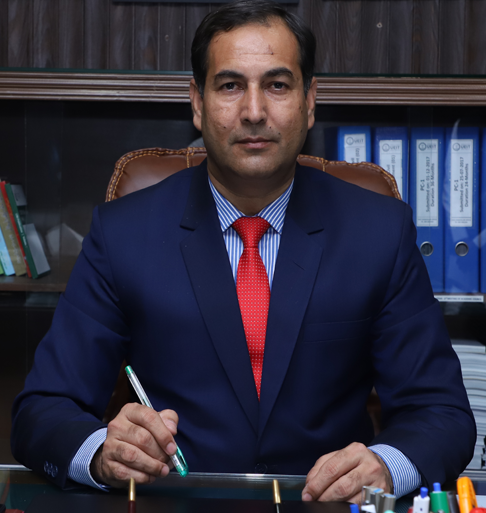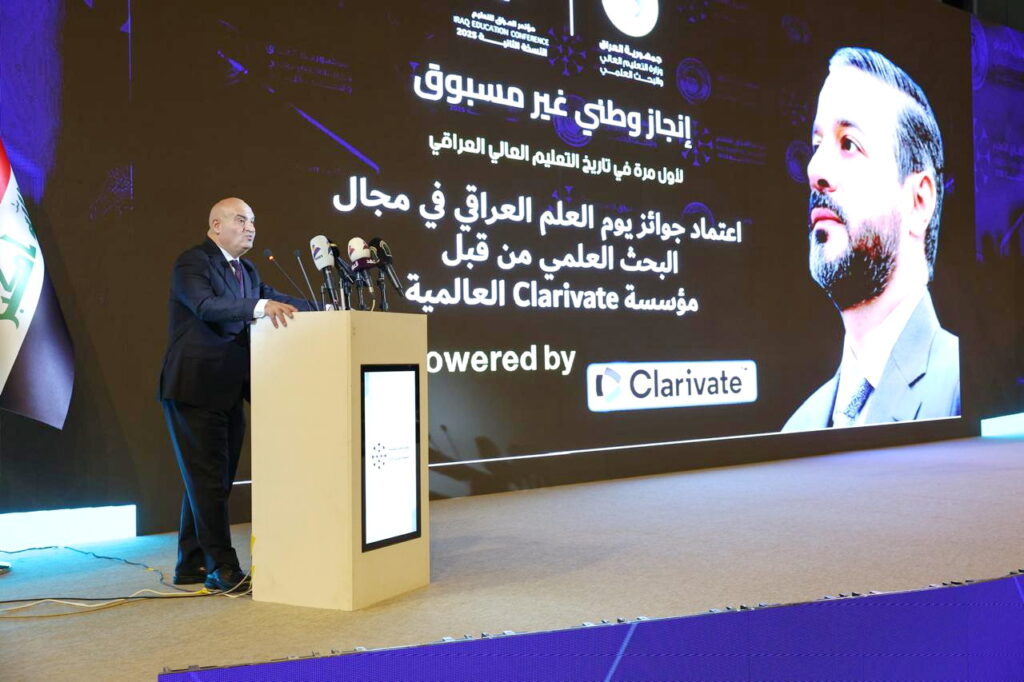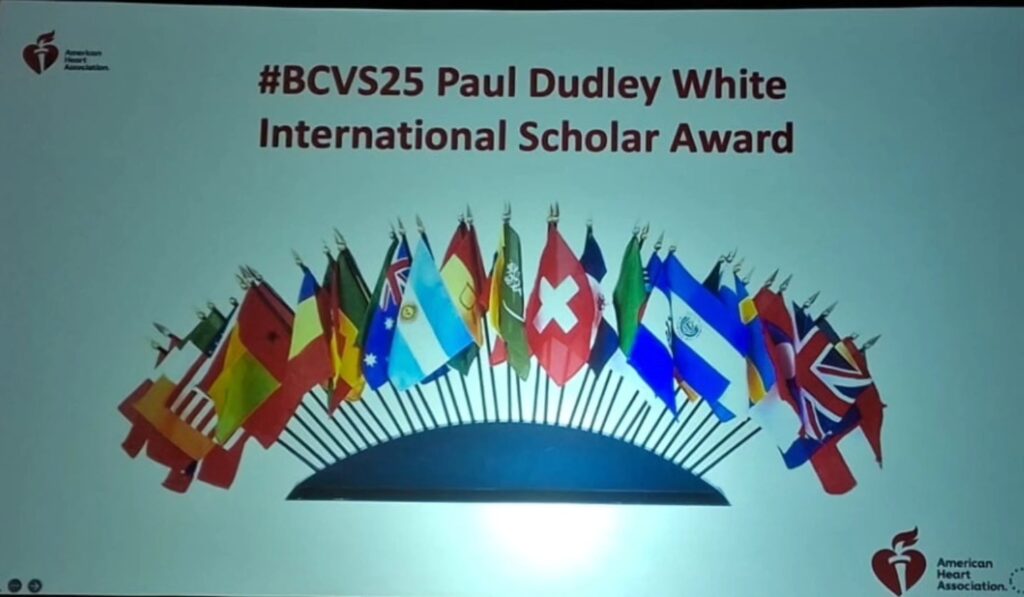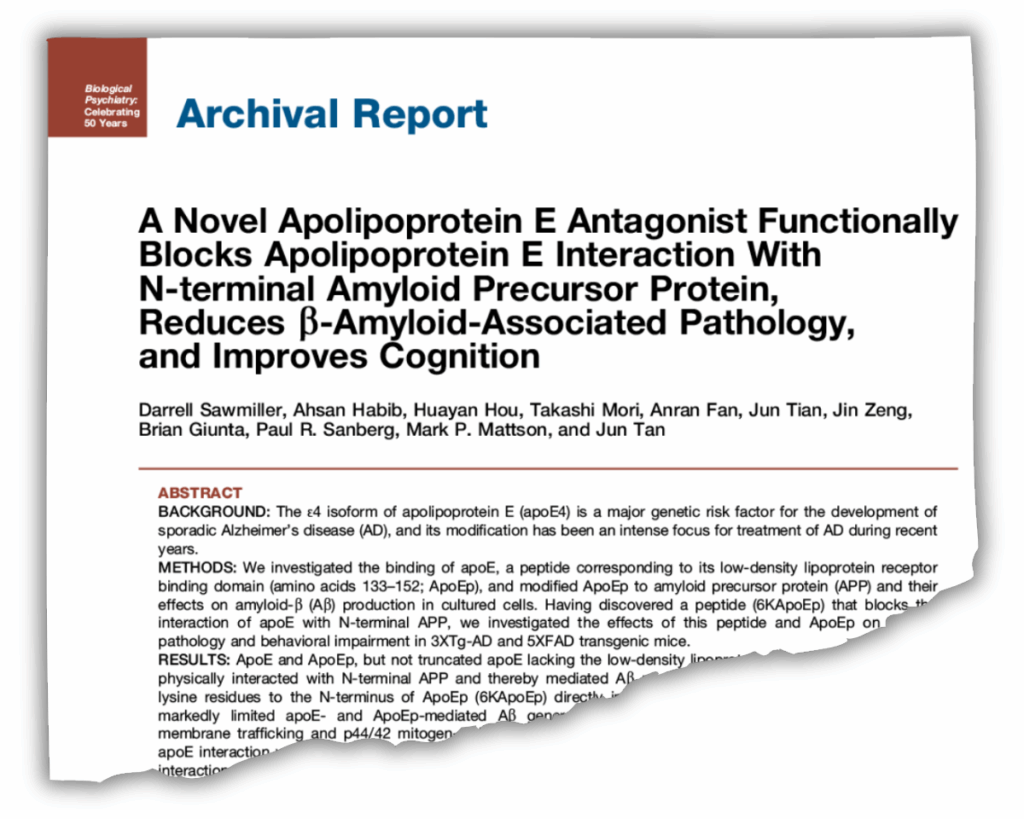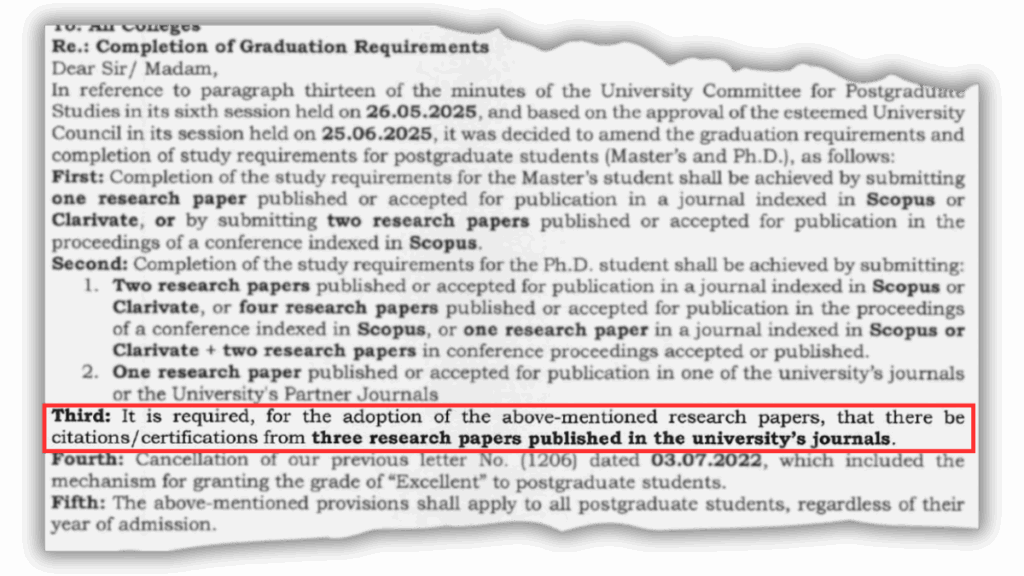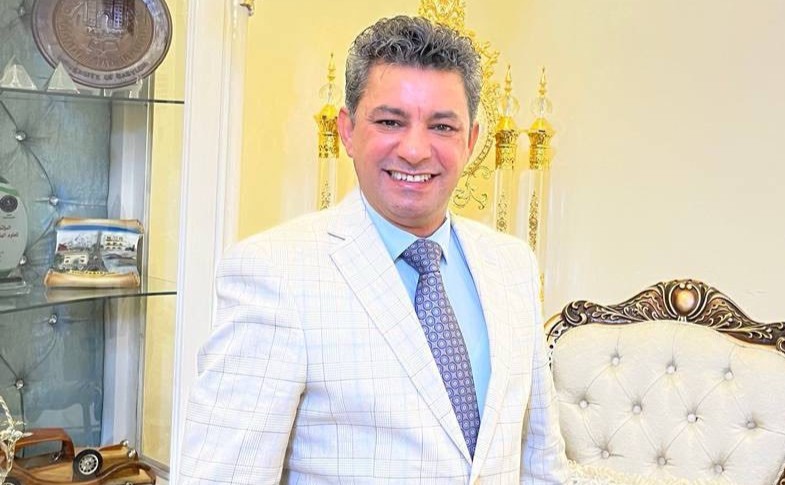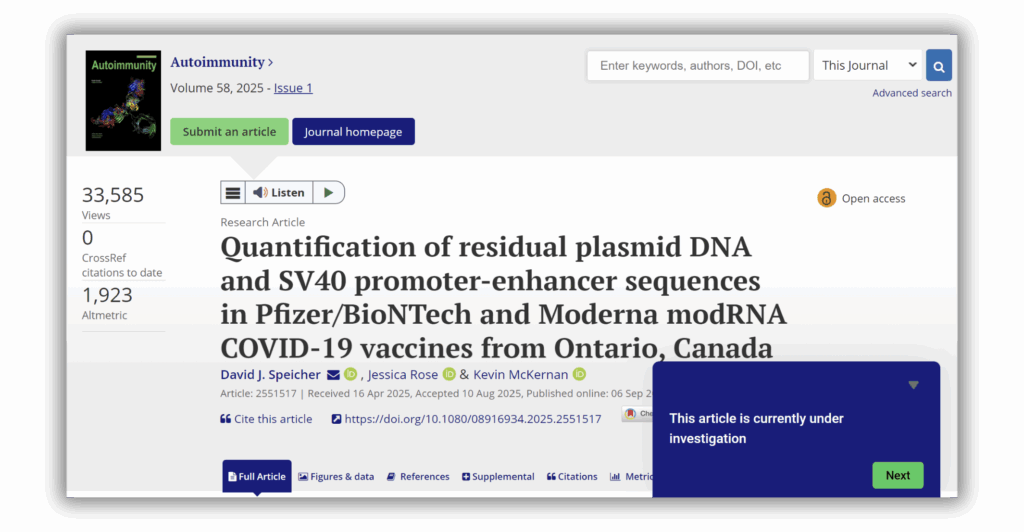Three years after he was let off the hook by a government commission, a former university vice chancellor in Pakistan is facing sanctions for plagiarizing a student thesis in a paper from 2020, Retraction Watch has learned.
Muhammad Suleman Tahir, previously of Khwaja Fareed University of Engineering and Information Technology, is now professor and chair of the department of chemical engineering at the University of Gujrat. According to a report issued on November 20 by the Higher Education Commission (HEC) in Islamabad, Tahir and his coauthors have been barred from supervising graduate students for three years and also have received a warning for their offense.
Meanwhile, the University of Gujrat removed Tahir from his position as director of the institution’s Advanced Study & Research Board on December 3, according to a notification we obtained.
Continue reading Exclusive: In reversal, former vice chancellor in Pakistan who was let off hook for plagiarism faces sanctions